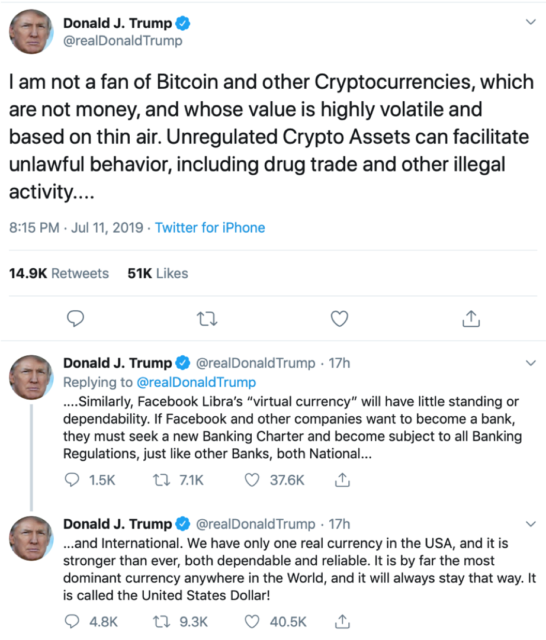Steve W. Klemash is Americas Leader and Jamie C. Smith is Associate Director at the EY Center for Board Matters. This post is based on their EY memorandum. Related research from the Program on Corporate Governance includes Socially Responsible Firms by Alan Ferrell, Hao Liang, and Luc Renneboog (discussed on the Forum here) and Social Responsibility Resolutions by Scott Hirst (discussed on the Forum here).
As the spotlight on board diversity intensifies, the pace at which women are joining boards is accelerating, and a growing number of companies are disclosing the board’s racial and ethnic diversity. At the same time, against a backdrop of increased focus on companies’ efforts to create long-term value, enhanced proxy disclosures on corporate sustainability highlight how companies are protecting the environment, considering their social impact, investing in their people and promoting diversity and inclusion.
Investor outreach, often involving directors, has become a mainstay of leading governance practice among top companies. Overall, investors show notable support for directors and executive pay programs. A growing support for many environmental and social shareholder proposals highlights further opportunity for engagement.
This post provides five key takeaways for boards as they reflect on this proxy season and evolving governance developments. [1]
